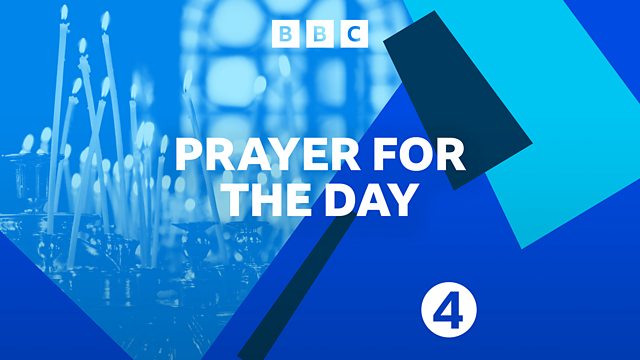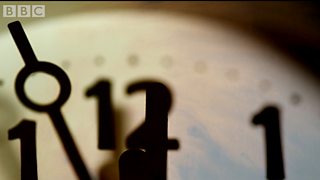
17/01/2015
With Andrew Graystone.
Last on
Andrew Graystone
Good morning.
800 years ago this week King John was holed up in the Temple Church off Fleet Street in London. He was under intense pressure from the barons of England to recommit himself to the values of the Coronation Charter – essentially placing limits on the King’s powers and providing some basic rights for individuals, especially the barons themselves.
The idea that the King was anything other than supreme was distinctly unattractive to John. And he might well have taken comfort in this from his reading of the Bible. On a superficial reading it seems to place great weight on the authority of kings, and on the subjection of commoners. In the Old Testament many kings were directly appointed by God and anointed by his prophets, and even the bad kings seemed to rule with God’s blessing.
But there’s another side to the story – a side that the barons pressed, but John was less willing to hear. The Old Testament prophets consistently railed against those kings who used their power for self-aggrandisement or to oppress the poor. Above all, it was to be recognised that God was King of Kings and Lord of Lords.
The Bible’s understanding of kingship has resonance for any one of us who exercises leadership; whether we’re a king or queen in our own workplace, community, business or family.
King of Kings and Lord of Lords, where we have power over the lives of others by virtue of our wealth or talents or position, give us grace to exercise that power with care and compassion, knowing that all authority comes from you. Amen
Broadcast
- Sat 17 Jan 2015 05:43���˿��� Radio 4

